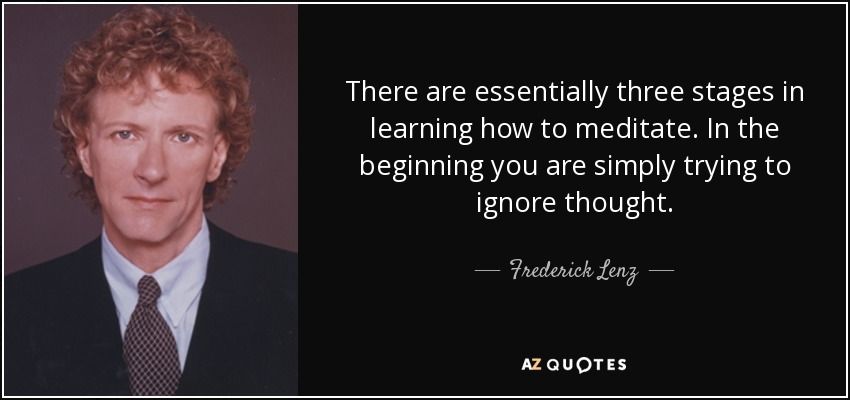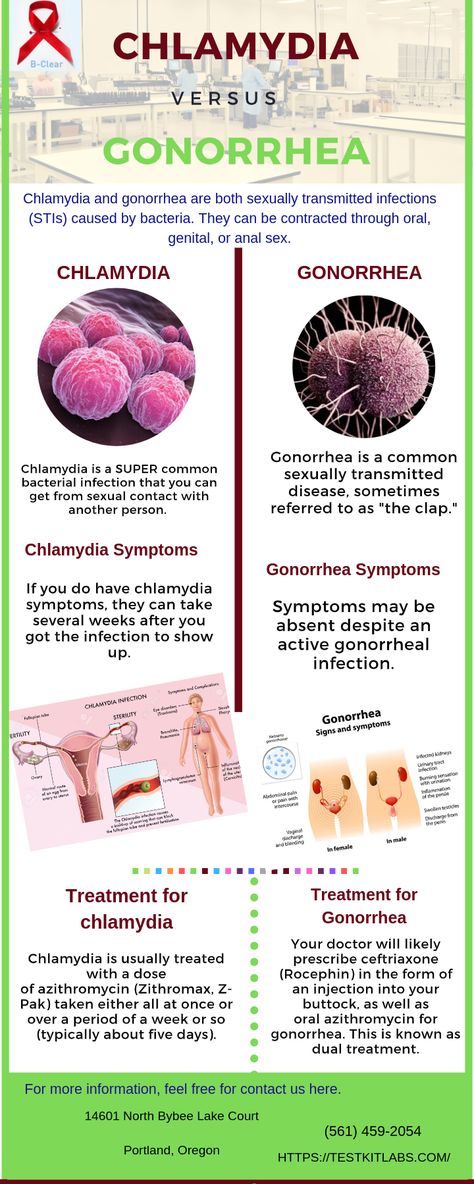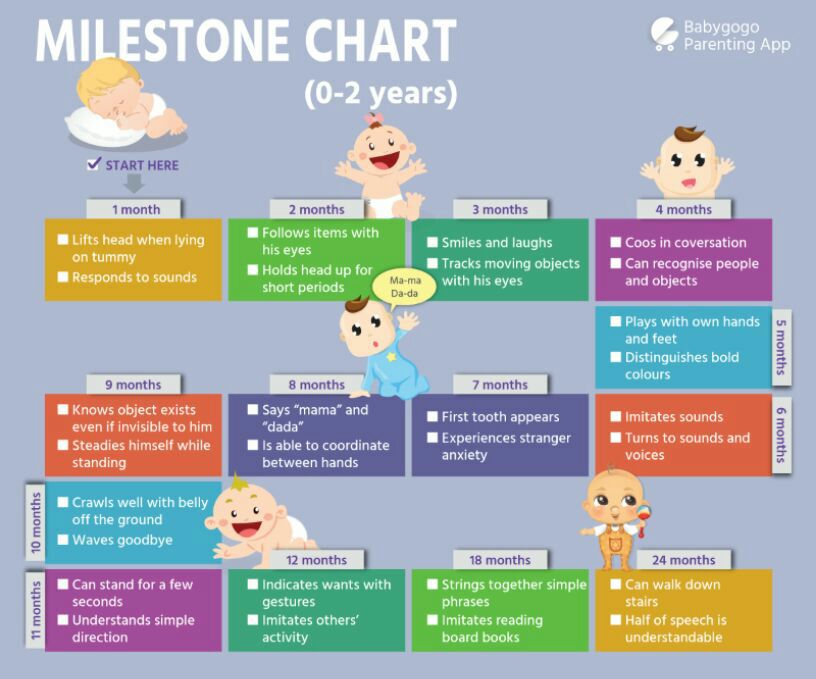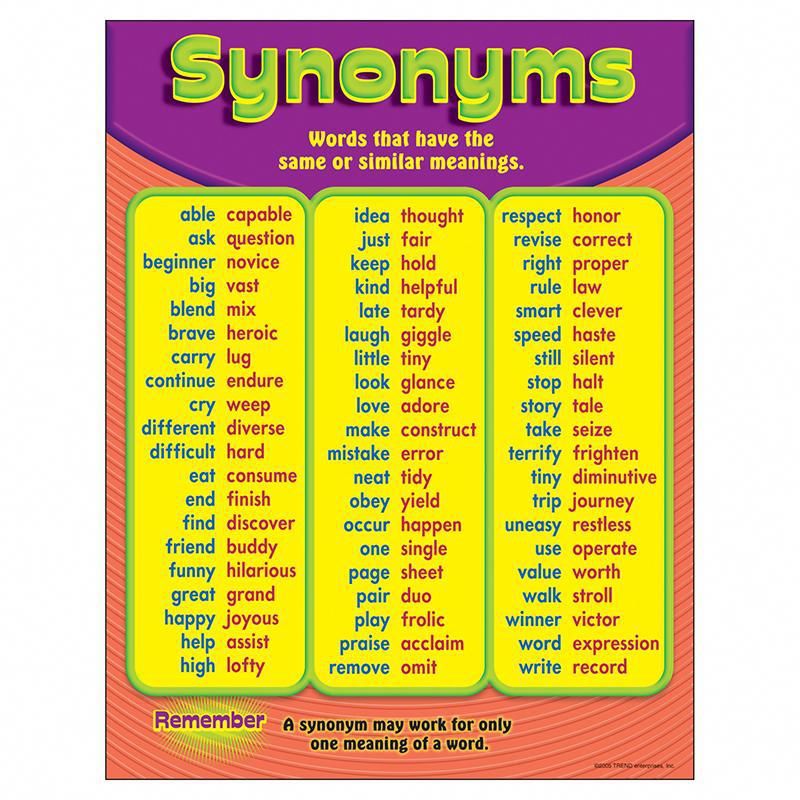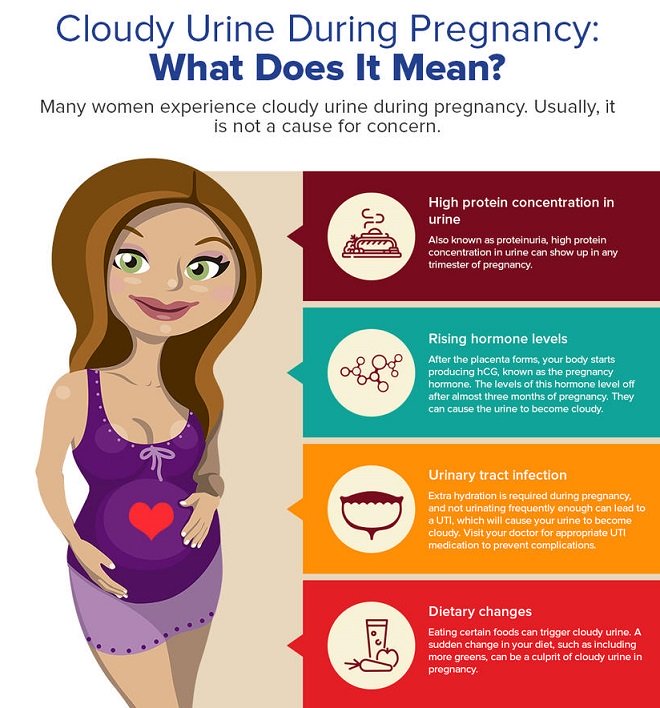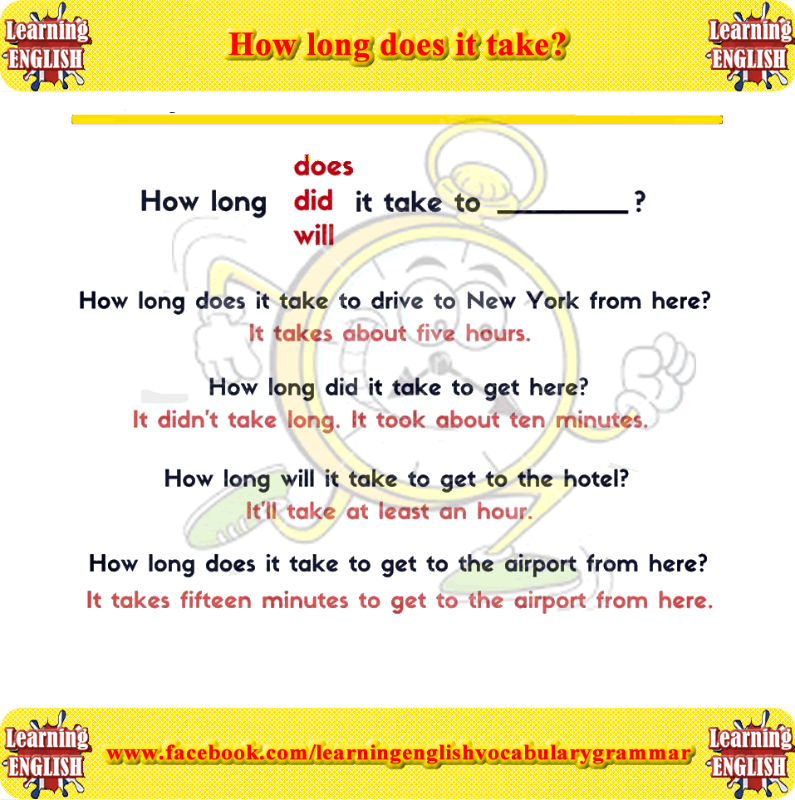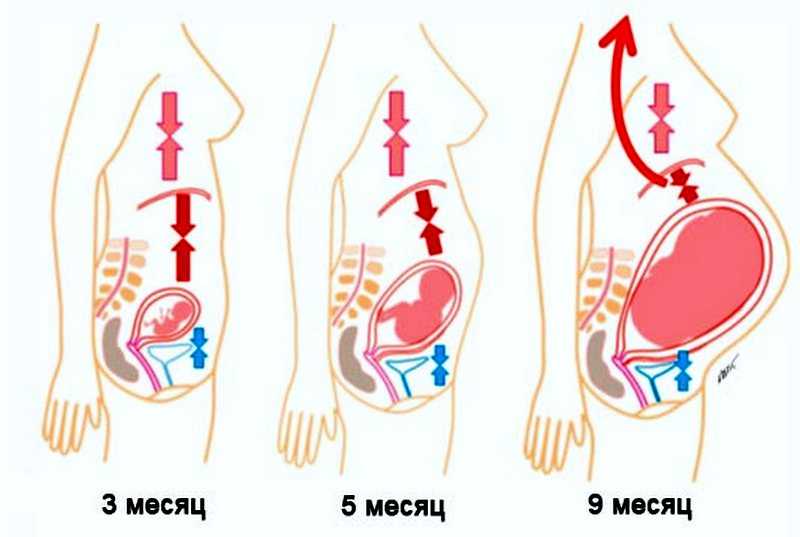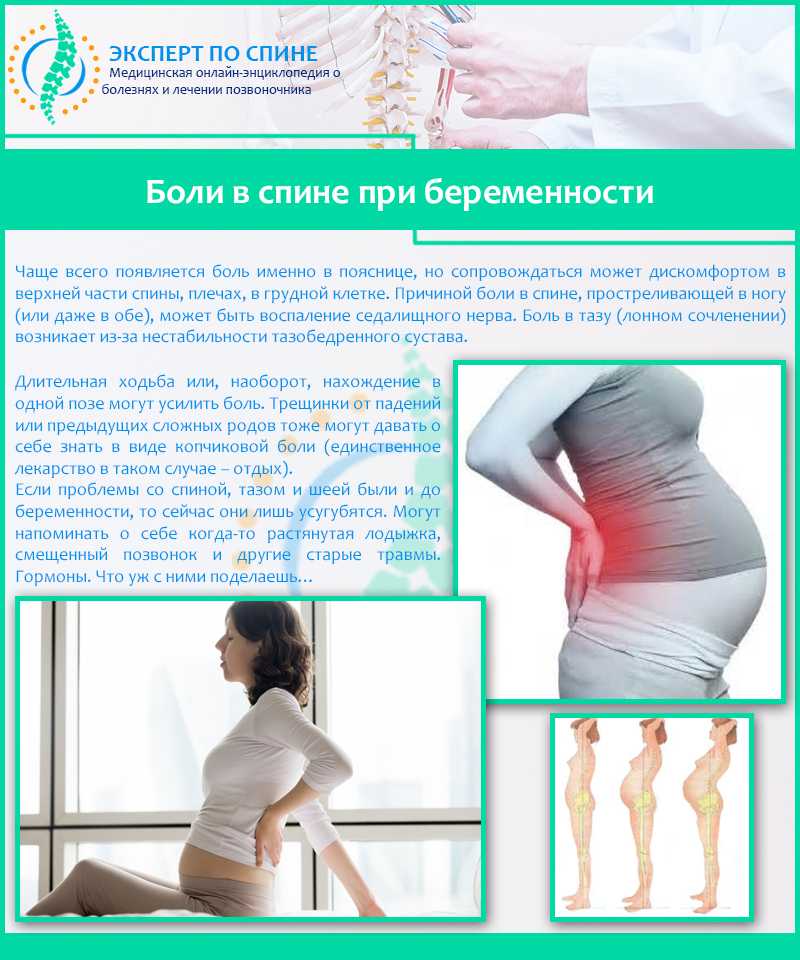How to foster a child in las vegas
FosterCare
FOSTER CARE IN RURAL NEVADA
Foster care provides a family life experience, in a licensed home, for a child removed from their own home due to abuse and neglect. Foster parents are a critical part of the child welfare team. They support children in preparing them for reunification with their birth parents or for adoption.
Currently, there are roughly 400 children in Rural Nevada that are in foster care. Every day, more children and youth enter the foster care system and need safe, loving homes. Some of these children need a temporary place to stay while others need families willing to commit to their care for a lifetime. Without caring foster homes in each community of Rural Nevada, children removed from those areas must be placed in outlying communities, away from their family, friends, and everything that is familiar to them.
HOW DO I GET STARTED?
First, call the Rural Foster Care Recruiter at 888-423-2659. The recruiter can answer your questions and even get you started on the licensing process over the phone! You can also learn more at ruralnvfostercare. com.
For Washoe County visit Washoe County Human Services Agency
For Clark County visit Clark County Department of Family Services
INFORMATION ABOUT PROVIDING FOSTER CARE
- You can be single, married or in a domestic partnership
- You can be a working or stay-at-home parent
- You can choose the age-range and gender of child you are most comfortable parenting
- You do not have to own your home to provide foster care
- For family foster care, you can be licensed for one to six beds, depending on space availability
- There are various types of care that may be more suitable for your specific situation:
- Respite Care
- Emergency Shelter Care
- Short-term Care (under six months)
- Long-term Care (over six months)
- Adoption
5-STEP LICENSING PROCESS
- Foster/Adoptive Parent Inquiry - a short telephone interview done over the phone to collect basic information about why you are getting licensed
- Pre-screen Process - a Pre-screen Packet will be mailed to you with all your background check paperwork
- Training Requirement - a 27-hour training is required for primary caregivers and provided by the agency at no cost
- Application Process - on the last day of training, the Application Packet will be handed out for you to take home and complete
- Home Study/Home Inspection Process - once all your paperwork has been submitted to the agency and processed, a licensing worker will contact you to schedule your home study visits
WHAT TO EXPECT DURING THE HOME INSPECTION
While
there is typically no cost for a home study to be completed, there may be
associated costs in getting your home ready for the home inspection.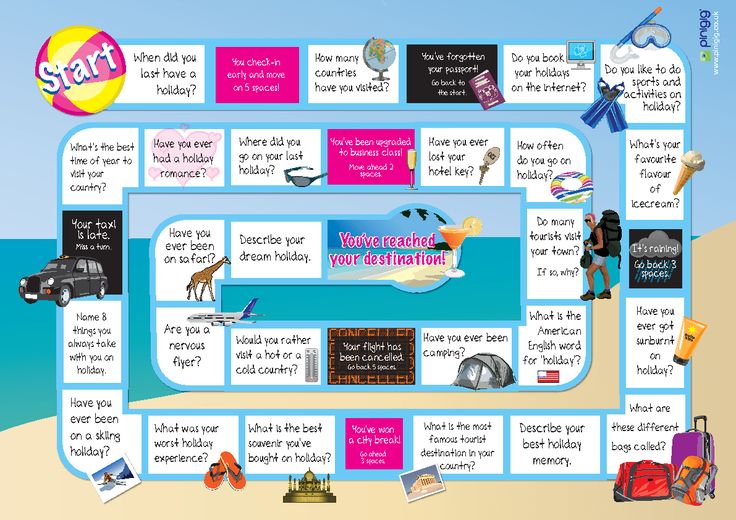 Every licensed foster and adoptive home must be able to pass a yearly
home/regulation inspection. Please see the following list for some
important items to consider regarding your home inspection:
Every licensed foster and adoptive home must be able to pass a yearly
home/regulation inspection. Please see the following list for some
important items to consider regarding your home inspection:
- Are windows in the foster child’s room accessible to exit in case of emergency (NAC 424.370)?
- A designated bedroom for a foster child(ren) is required (NAC 424.375).
- Are all of your electrical cords in the home in good condition? Do you have protective plugs on all electrical outlets for foster children under the age of five years (NAC 424.395)?
- You must have a fire extinguisher readily available on
each level of the home and it must be the following rating: 2-A 10BC (5
lbs.). Also, smoke detectors must be functional and mounted in each
foster child’s bedroom and hallway immediately outside of their bedroom
(NAC 424.
 400).
400).
- Each foster parent must have access to a telephone or cell phone in which to call in an emergency (NAC 424.410).
- If you have any bodies of water on your property (i.e. a pool, hot tub, pond, large animal water trough, etc.), all primary caregivers must be CPR-certified (NAC 424.270.1).
- All bodies of water on the property must be secured in such a way that they are covered and able to be locked, preventing access.
- A fence with a locking gate must surround an in-ground/above-ground pool (NAC 424.420).
- Medications (including over-the-counter) and poisons of any kind must be stored in a locked place (i.e. lockbox, safe, cabinet, etc.) (NAC 424.560).
- Pets must be in good health and temperament and they
must be up-to-date on their vaccinations with proof being provided to
agency (NAC 424.
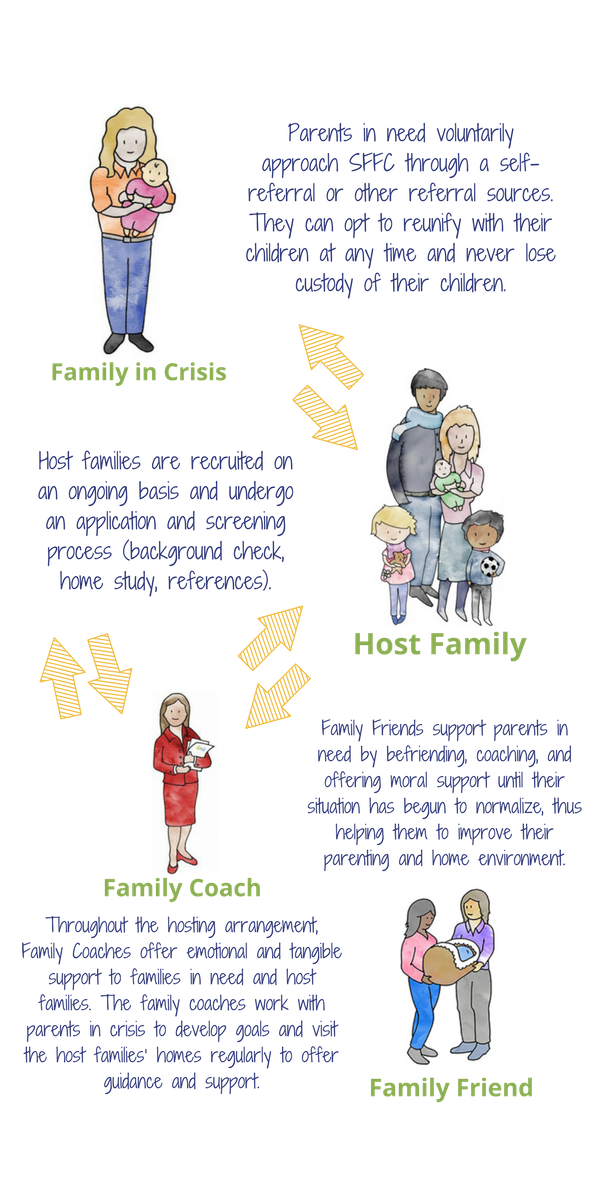 590).
590).
- All weapons/firearms must be locked in a safe separate from ammunition that must also be locked up (NAC 424.600).
WHAT DOES A HOME STUDY CONSIST OF?
A home study consists of a series of interviews with all adults that live in the home, especially the primary caregivers. It concludes with a written report that the licensing worker creates about your family. It will include basic information drawn from interviews with your family and information provided by third parties.
Here are some of the items that will be addressed with primary caregivers:
- Family background
- Education and employment
- Relationships and social life
- Daily life routines
- Parenting Experiences
- Details about your home and neighborhood
- Readiness and reasons as to why you are getting licensed
- Approval and recommendation of children your family can best parent
Nevada Revised Statues (NRS) and Nevada Administrative Code (NAC) regarding Foster Homes
- NRS 424: Foster Homes for Children:
- NRS 424: Hogares de Crianza Para Niños:
- NAC 424: Foster Homes for Children:
- NAC 424: Hogares de Crianza Para Niños:
Nevada Foster Care and Adoption – AdoptUSKids
Thank you for considering becoming a foster parent or adopting from foster care in the state of Nevada.
On this page:
- State contact information
- Foster and adoption licensing requirements
- Costs to foster and adopt
- Agency contact and orientation information
- Post-adoption support services
- Information on Nevada's children
Raise the Future
Jayda Partlow: [email protected]
702-436-6335, ext. 119
Para información en español, contacte:
Raise the Future
Jayda Partlow: [email protected]
Foster and adoption licensing requirements
Qualifications:
- You must have sufficient income to cover your financial needs.
- You must be able to provide a loving, supportive environment for children.
- You must be 21 years of age (for adoption you must also be 10 years older than the child).
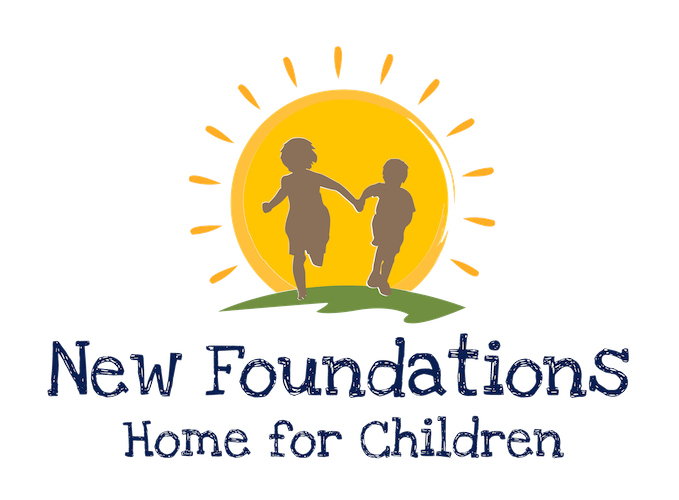
- You may be single, a same-sex couple, married, divorced, or widowed.
- You must be of good character (i.e., record of arrests and convictions may prevent licensing. Please ask about this.)
- You must attend approximately 30 hours of pre-service training.
Read more about qualifications on the Nevada Division of Child and Family Services website.
Homestudy process:
- Complete application
- References from people who know you well
- Law enforcement, child abuse, and neglect screenings and fingerprint clearances
- Interviews and home visits with a case worker
- Discussion on types of children available and applicant’s preferences
If you have a spouse or partner, they are also required to participate in the home-study process and attend all trainings.
Read more about the home study process and requirements on the Nevada Division of Child and Family Services website or search on the Child Welfare Information Gateway site.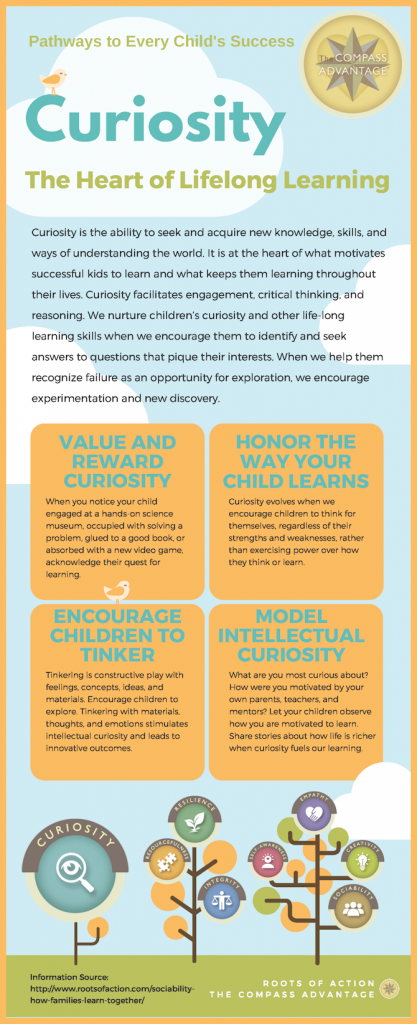
Costs to foster and adopt
If you work with your local county, there is no fee to foster and adopt except $50 per person towards the cost of fingerprint clearances.
If you work with your local county and adopt a child from another state, there may be a fee, but you can talk to the child’s state to see if they will reimburse you.
Private agencies provide adoption licensing services for a fee of $4,200 to $13,000.
Agency contact and orientation information
If you are brand new to the adoption process, it is highly recommended that you attend Raise the Future’s recorded webinar Adoption Options: An Informational Webinar | Raise The Future.
Agencies – by countyClark County
Clark County Department of Family Services
Phone: 702-455-0800
Address: 701K N. Pecos, Las Vegas, NV 89101
Washoe County
Washoe County Human Services Agency
Child Care Services
Phone: 775-337-4470
Address: 350 South Center St.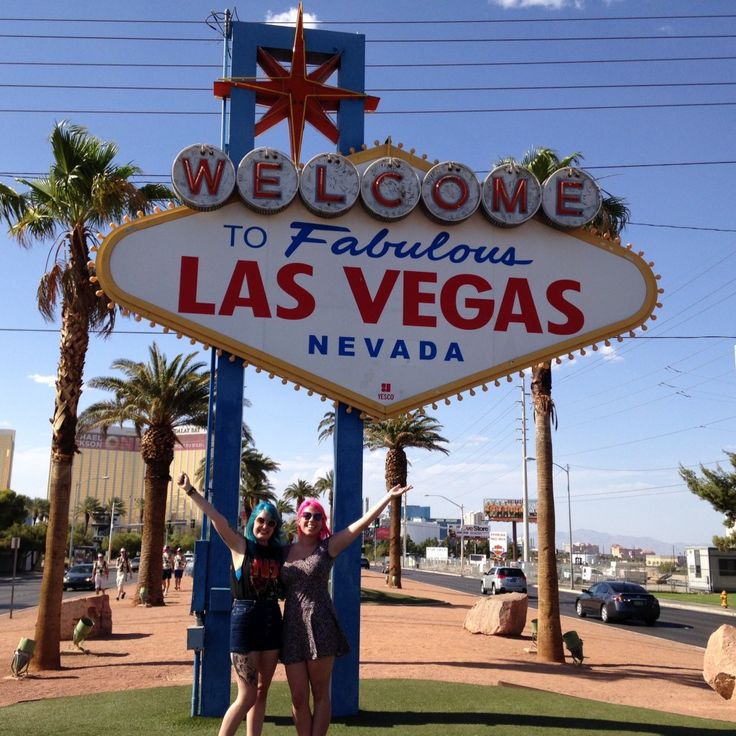 , Reno, NV 89520
, Reno, NV 89520
State of Nevada (all other counties)
Nevada Department of Health and Human Services Division of Child & Family Services
- Foster care information website
- For adoption information, email: [email protected]
You can also search Child Welfare Information Gateway’s list of licensed private placement agencies.
Post-adoption support services
See a comprehensive list of post-adoption and guardianship support services and support groups available to families who live in Nevada.
Information on Nevada's children
89% of children enter foster care in Nevada due to neglect.
In 2019, there were 4, 541 children in care in Nevada; 1,667 were waiting to be adopted. Their average age was 7 years old.
Race and Ethnicity: 41% Hispanic or Latino; 35% White; 10% African American; 6% Asian; 1% American Indian/Alaska Native; 1% Pacific Islander; 7% multiple races.
Outcomes of children exiting foster care:
- 57% Reunify with biological family
- 25% Are adopted
- 10% Are living with relative or guardian
- 5% Emancipate
- 2% Other
You don't know how to adopt your partner's children?
Today we are going to discuss a topic that is increasingly common in couples due to the evolution of the family model today.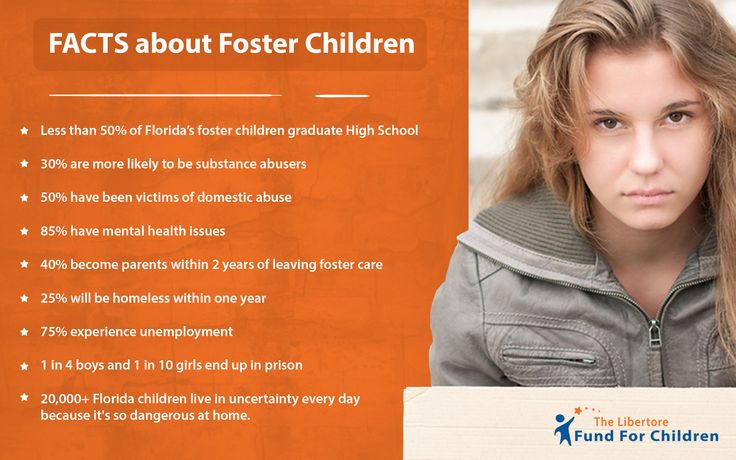
Currently, two single people know each other, and it may turn out that one of them has children from a previous relationship.
In addition, it is possible to adopt children of a couple conceived as a result of in vitro fertilization or surrogacy, without recognizing them as the biological father or mother.
Therefore, in the cases described above, you can adopt your partner's children by becoming their legal guardian.
How do I proceed with the adoption of my partner's son or daughter?
In order to initiate this type of procedure, it is the lawyers who must draw up the claim, because this is a complex case both in length and complexity, and you need a lawyer who knows what he is doing to help you every step of the way. process.
One thing we want to be clear about is that when we say "couple" we don't mean a married or common-law couple, but rather a couple who have lived together for at least 2 years.
Eligibility for adoption of my partner's child:
1 will count both the adopter's criminal record if incapacitated, and post-judgment deprivation or suspension if he had any at the time of the adoption test.
2. The adopter (adopter) must be over 25 years of age and, in turn, must be at least 14 years older than their partner's child.
3. The relationship of the adopted child with his biological father or mother, as well as his economic situation, etc. are analyzed.
4. At the request of the adoptee, he may be either a minor or an adult, provided that the coexistence of the adopted child and the adopter for at least one year can be proven.
5. In the event of a conflict of interest between the adopter and the adoptee, which is related to legal proceedings or financial matters, the adoption of the child is not granted.
6. The adopter cannot be a relative of the adoptee, that is, a brother or son-in-law; relatives of the second degree of kinship in the lateral line of consanguinity or kinship cannot be adopted.
PROCESS AND DOCUMENTS REQUIRED FOR THE ADOPTION OF MY PARTNER'S CHILD.
You need to provide the following documents:
1. Birth certificate of the adopted child.
2. Documents confirming the coexistence of the adopter with the adopted child, as well as coexistence if the biological father or mother is known.
3. Proof of marriage or registration as a domestic partner if the couple has been married or is a registered domestic partner.
4. A document confirming the current financial situation of the adopter.
5. You must provide explicit consent from a biological father or mother who is not your current partner, if any.
6. Documents confirming that the adoptive parent has taken care of the care and upbringing of the minor for a long time.
After submitting the previous documentation, you will need to request an adoption in the court of first instance in the place of residence of the adopter, indicating both the details of the adopter and the adoptee.
When submitting an application, two situations may arise, described below:
The first scenario is when the biological mother or father of the adopted child is unknown, for this very reason the application must be submitted for external control to the prosecutor's office, the latter will study the situation and give approval for adoption.
The second scenario is that at the time of the adoption, the adoptee has a known biological mother or father, as this will be the one who must consent to the adoption after this request is submitted.
Acceptance will take effect within one to three months if you provide the above documentation and comply with the requirements.
It is highly recommended to use the help of a lawyer to prepare and collect all documents without forgetting anything, as well as bombard him with questions throughout the adoption process.
That's why if you need help or have any questions, don't hesitate to contact us at Audacia Abogados, the Family Specialists, remember you come first.
Is it legal to get married in Las Vegas in Spain?
One of the reasons why Las Vegas is most famous for its themed weddings, today it is very popular with couples who want to have fun during their wedding, in addition to all the amenities and minimal documentation.
The required legal requirements are that contracting parties must be over 18 years of age and pay the price of a marriage license.
With all this, it is normal to see that many people from all over the world come to Las Vegas just to have this procedure, but is this marriage legally valid in Spain?
There are times when you might think that these weddings are a joke and that this is not just a simulation to have a good time, but a REAL MARRIAGE. We will explain the specifics of this procedure abroad if you are from Spain.
The moment you make a request and receive a marriage certificate, the wedding becomes completely real and legal in every sense. The only problem you may have is when you return to Spain, when you are convinced that you are married, but for Spain this marriage does not appear, since it does not have automatic legal consequences, and it must be confirmed in the country.
Upon arrival in Spain, you must legalize the marriage by contacting the consulate and requesting confirmation, attaching documents received from Las Vegas.
It is difficult and tedious to carry out this process in Spain, since you need an Apostille, that is, a certificate of worldwide validity issued by the United States (in this case). After receiving this document, you must apply to the Central Registry Office in Madrid. . Once there, you must submit the documentation you were given to Las Vegas with the appropriate translations, but not only does any translation have to be legal and must be official, so a sworn translator must be hired.
In addition to all this, you must submit other documents such as the birth certificate of both parties, registration and copies of identity documents so that finally, in this way, the marriage can be registered at the registry office with absolute legal force in the Spanish territory.
Another disadvantage to note is that in many cases, once a marriage is registered, it will not be governed by the Spanish economic regime but will be governed by Las Vegas law. This detail can be very important, because according to Art. 9.2. if the spouses do not have the same nationality, did not enter into an agreement on the applicable law prior to the conclusion of the marriage, and after it do not have a common habitual residence.
